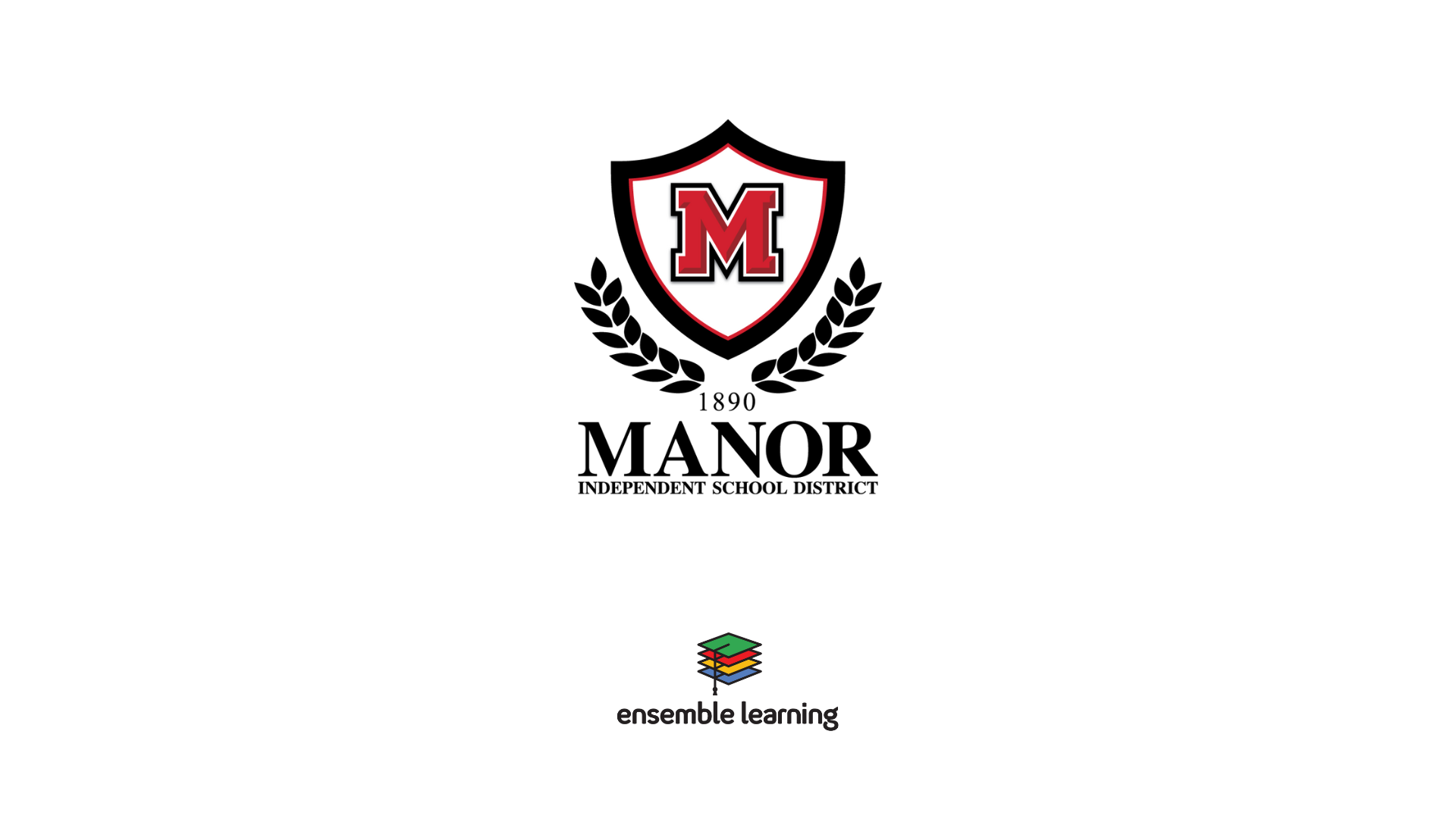Ensemble Learning is still a relatively new organization, and we think it’s important to tell you what we’re all about. Ensemble Learning is extremely mission-driven. We focus all our work around the goal of increasing equity for English learners. To organize our work around the mission, we have five core values that dictate how we work. In this series, we review and explain each of these values. See other blogs in the series here.
In this post, we’ll talk about the core value of equity. We define equity as working to make educational systems more just. What this means to us is that we realize that every system has its flaws but we will work to identify and rectify any aspects that cause students to be underserved. We have pledged to work with schools and districts that work with underserved student populations, currently focusing on the English learner student group.
The difficult thing about equity work is that it requires a lot of introspection, honesty, and courage. We have to take an honest look at how things are done and examine the system to make sure that all parties have a fair chance to succeed. This work often is difficult because we have to come to terms with the fact that equity is not the same as equality. I hope that the following images will help us better understand what I mean.

Many believe that equality is the way to go. After all, it’s one of the five foundational ideals of our nation. It’s easy to assume that giving the same support in the classroom is fair. Equal treatment can be important when building a strong classroom culture as the appearance of favoritism can hinder relationship-building with students. Yet this principle assumes that all students come in with the same background knowledge and needs. The reality is that students come with a vast variety of assets and needs, so the support they receive must be as different as they are. Otherwise, some students will not be able to participate and others will be left behind, not pushed to their true potential. The understanding that students need different types of support in order to achieve pushes us from equality to the concept of equity.
To ensure schools are equitable for our English learners, Ensemble approaches equity through the following strategies. We provide professional development that deeply examines the needs of the different English learner profiles and gives research-based training on how teachers must develop a classroom culture where all students feel safe to learn and take risks. We are also committed to partnering with schools that have underserved students and help them move towards equity and educational justice.

Equity work requires honesty and a growth mindset, and as a team, we are committed to exploring concepts of equity with these two principles. We make time for small group conversations that center on equity. We protect time to sit down regularly (albeit virtually) and examine a problem of practice or an article that centers on equity. We have difficult conversations that require vulnerability, and we push each other to examine implicit biases we might harbor. Recognizing our own biases is the first step toward real change. When partnering with schools, we help move them towards equity by engaging in walk-throughs and examining data to pinpoint where strategic supports could be placed to make the education experience more equitable. We also offer professional development on implicit bias and educational supports. To ensure the work with equity really sticks at a school site, we offer principal coaching to help with implementation of improvement plans.

Our ultimate goal is to make the educational system more just. We are aware, however, that this type of change takes time and commitment. Systemic barriers take time to dismantle. It takes even longer to rebuild a system that is just. Yet we have hope, and we believe that this work can be done. With every school, district, and charter management organization that we partner with, we can see the change occurring. We are committed and don’t intend to stop our work until we achieve our goal. It might not happen this year or even this decade, but we will chip away until all students have an equitable chance to succeed.



